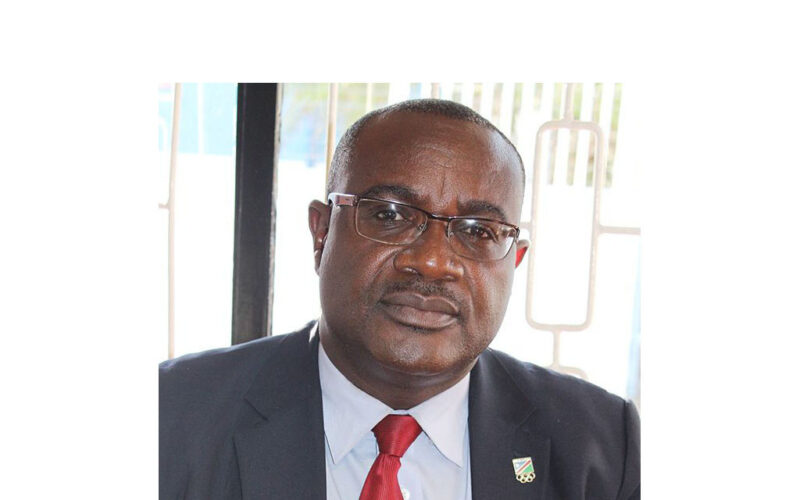Hertta-Maria Amutenja
Ohangwena Regional Governor Walde Ndevashiya has expressed concern about local farmers at Eenhana practising unhygienic slaughtering of their cattle under trees despite the fact that an abattoir was availed to them.
Ndevashiya raised the concerns while engaging Deputy Minister of Agriculture, Water, and Land Reform, Anna Shiweda, who is visiting the region to assess the implementation of Government programmes related to agriculture.
The abattoir was constructed in 2019, and since its completion only operated fully for one month and closed down due to huge financial losses it was making.
Its closure has since then forced local farmers and community members to resort to their traditional way of slaughtering their cattle under trees, a practice that lacks food hygiene standards and safety.
“We are facing another challenge with the Eenhana abattoir, which up to this point, has not been fully operational. Even now, you can find farmers and community members slaughtering cattle under trees, a practice that lacks hygiene, while we have an abattoir that was constructed and upgraded but remains unused,” said Ndevashiya.
Public Relations Officer in the Ministry of Agriculture, Simon Ngipandulwa, said the Namibia National Liberation Veterans Association was given the contract to run the Abattoir for a period of 19 years in 2014, but they have not made use of it.
He however explained that the ministry is currently in the process of handing over the abattoir to another operator, and this includes another abattoir at Rundu in Kavango East region.
Ndevashiya expressed appreciation for the Deputy Minister’s visit to the region to assess the implementation of government programs and projects related to agriculture.
“The region appreciates the fact that the deputy minister and her team decided to come down to the Ohangwena region to see to it that the implementation of the government programs and projects that are within the mandate of the ministry are executed to benefit the people,” he said.
Ndevashiya said the region aims to modernise traditional farming practices.
“We have equipment that is meant to modernise our people to move away from the traditional way of ploughing and planting, for us to be able to at least make sure our people are getting enough yield in particular omahangu. This equipment is procured by the government for us and will be operated by the people for this region,” he said.
Ndevashiya added that while the challenges with the abattoir remain prominent, they are not the only obstacles the Ohangwena region is facing.
Adding that one of the most pressing issues is the inadequate water supply, especially in the eastern constituencies of Epembe, Okongo, Oshikunde and Omundaungilo.
“The NamWater pipeline only extends to certain parts of the region, leaving some constituencies reliant on intermittent boreholes. If you go to Okongo and Oshikunde the pipeline did not reach, there people only use boreholes that get broken every now and then,” he said.
The Governor further added that the region is also struggling with the theft of solar panels and cylinders which are essential for water provisions for communities in the region, and the disappearance of such important components are causing disruptions to the water supply and leaving communities without vital resource.




